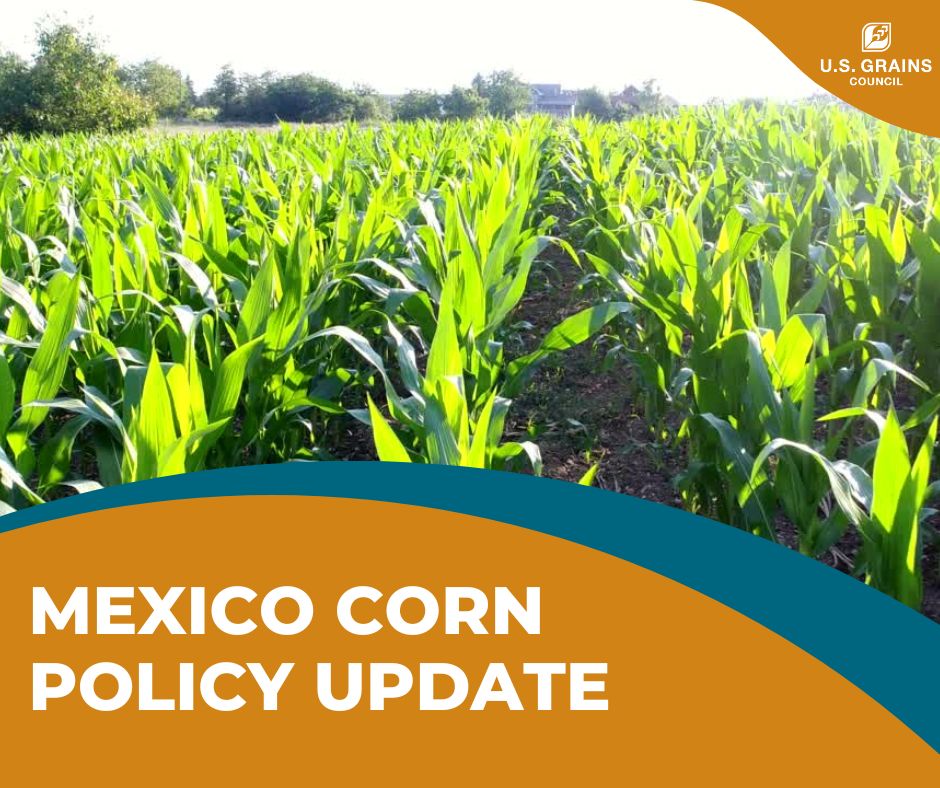A dispute panel has ruled that Mexico violated its commitments under the U.S.-Mexico-Canada Agreement (USMCA) when President Manuel Lopez Obrador signed a decree banning genetically modified (GM) corn imports in 2023.
U.S. Grains Council (USGC) President and CEO Ryan LeGrand was quick to thank the Office of the U.S. Trade Representative, saying, “Mexico has always been a powerful partner to U.S. corn growers and exporters, so when the country tried banning GM corn imports that would have severely affected our industry, we appreciated the extra effort the U.S. Trade Representative gave in filing the dispute and seeing it through to its logical conclusion. The Council worked with the USTR and in Mexico to help ensure the dispute result was fair, and we look forward to continuing our work with our top U.S. grains-in-all-forms customer.”
The dispute came in 2020 when Mexico initially called for a ban of genetically modified corn by the end of 2024. Last year, the Mexican president issued another decree banning genetically modified corn for human consumption in the use of tortillas and tortilla masa, which is traditionally white corn, and the United States filed a dispute settlement under USMCA.
“U.S. corn farmers and exporters understood how devastating this ban could have been had it been implemented, so it’s only right that mechanisms are in place within a trade agreement like USMCA when something like this happens,” said USGC Chairwoman Verity Ulibarri. “The Council believes in fair trade and this decision has upheld our mission of developing markets, enabling trade and improving lives.”
The Council will continue working with the Office of the U.S. Trade Representative to ensure Mexico adheres to the decision while it works with Mexican importers to continue to maintain the flow of U.S. corn and its co-products into the country.
Learn more about the Council’s work in Mexico here.
About The U.S. Grains Council
The U.S. Grains Council develops export markets for U.S. barley, corn, sorghum and related products including distiller’s dried grains with solubles (DDGS) and ethanol. With full-time presence in 28 locations, the Council operates programs in more than 50 countries and the European Union. The Council believes exports are vital to global economic development and to U.S. agriculture’s profitability. Detailed information about the Council and its programs is online at www.grains.org.

